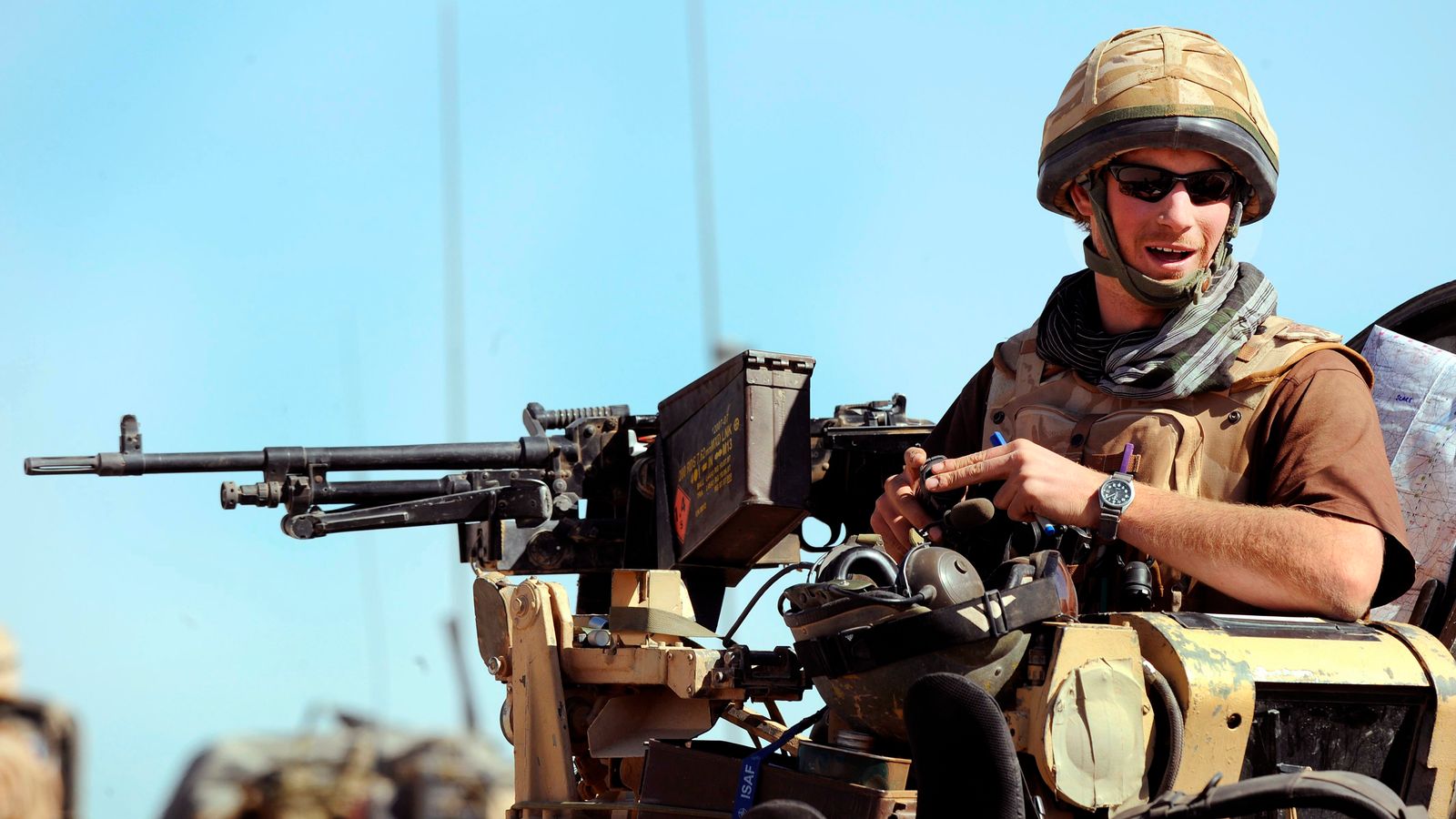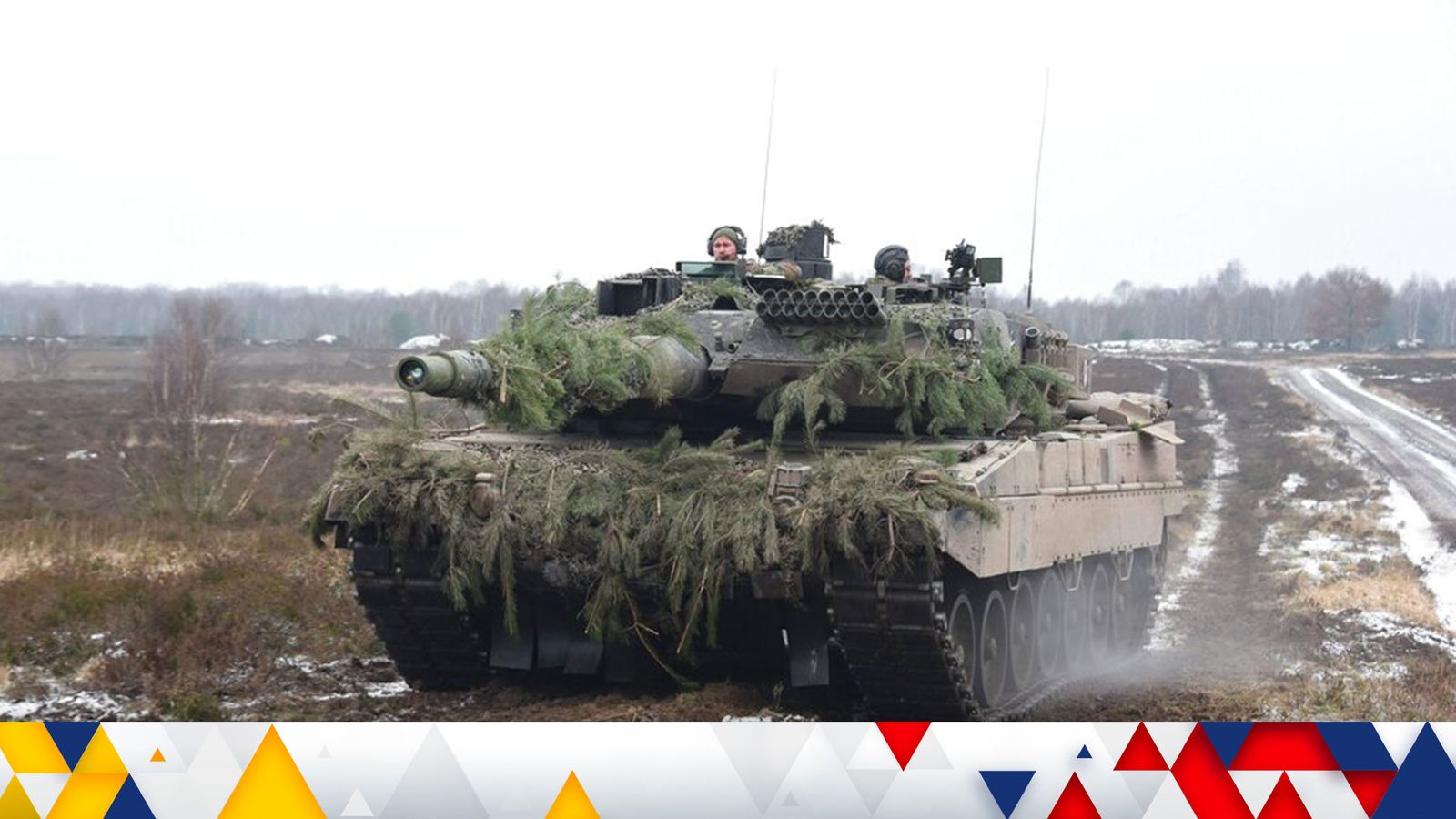The ferocity of the fires in Turkey is quite something to behold.
We watched, along with the residents of the pretty seaside town of Cokertme on the Aegean coast, as the crackling dry forests around the community were devoured within minutes.
The village appeared to be surrounded. We watched as fire engines reversed and screeched away – as firefighters used loudspeakers to bellow at the residents to run. Behind them was a huge sheet of flames heading their way.
Tackling the fires which have broken out across nearly 40 (of the 81) provinces has proved to be a much harder task than anticipated.
The firefighters and authorities have had to contend with searingly high temperatures – peaking at more than 40C (104F) for most of the week.
On 20 July, the temperature reached a staggering 49.1C (120.38F) in Gizre in the southeast of the country. And the high temperatures are forecast to continue for at least another week.
The fires are thought to be the worst in at least a decade – with some forestry managers we spoke to describing them as the most devastating since the 1940s.
There has been particularly low humidity which has contributed to the dryness as well as strong sea winds which have exacerbated the fire hazards.
A number of scientists blame these extremes on climate change but on top of these environmental factors, there’s been heavy criticism of the Turkish leader, President Erdogan, for not having sufficient firefighting aircraft to cope.
And exactly what started them is not yet clear although arsonists are being blamed for some.
But once the fires started, it’s been a monumental battle to try to bring them under control with even Mr Erdogan admitting the country did not have an adequate firefighting air fleet.
These contributing factors are no comfort at all to the terrified citizens battling to save their homes, livestock, pets, businesses and farmland.
“My house is burning, my house, my house…oh my God,” was all one woman could say to us when we came across her in Cokertme. Minutes earlier she’d been screaming at the firefighters, cursing them for not arriving soon enough.
Villagers have been fighting the fires themselves, any way they can…. sometimes resorting to pouring bottles of water around the perimeter of their homes – or drawing buckets of water from private wells to try to keep the ground cool.
One woman, Tugce Ulualan told us: “The state isn’t helping us. If the villagers weren’t here, it would be even worse. There aren’t enough firefighters. There are no planes. There are no helicopters.”
In fact, the forestry ministry has outlined on its website that it has 13 planes, 45 helicopters, 9 drones and 828 firefighting vehicles. International help has arrived in the form of air support from first Russia as well as Ukraine, Azerbaijan and Iran.
Only later as the fires continued unabated has help been accepted from European countries such as Spain and Croatia.
We saw a Russian helicopter repeatedly drop buckets of water over fires in the village as the fires gained in strength and momentum.
Residents ran in columns carrying fire hoses under their arms and up the hill near the village’s graveyard to try to beat back the flames lapping at the edge of their back gardens.
“Hadi! Hadi!” (Hurry! Hurry!) one man shouted at his neighbours. A woman near him sobbed audibly as she heaved a curled-up fire hose over a barbed fence.
“We were not prepared (as a country)….we were not prepared at all,” a young man who gave his name as Cem Akin told us. “I feel very tired and helpless. We can’t do anything. Our houses are burning. Our forests are burning – and there’s nothing we can do.”
There’s a collective anger and despair running through the country as fast as the fires which seem to be eating up the nation’s forest.
Around a staggering 95,000 hectares of forest have been devastated so far this year. And as soon as they seem to get the fires under control, more break out.
Turkey has already been badly hit economically because of coronavirus and a slump in its tourism industry. Its citizens are going to suffer even more now.
Other credits: Cameraman Kevin Sheppard, and producers Chris Cunningham and Guldenay Sonumut.




